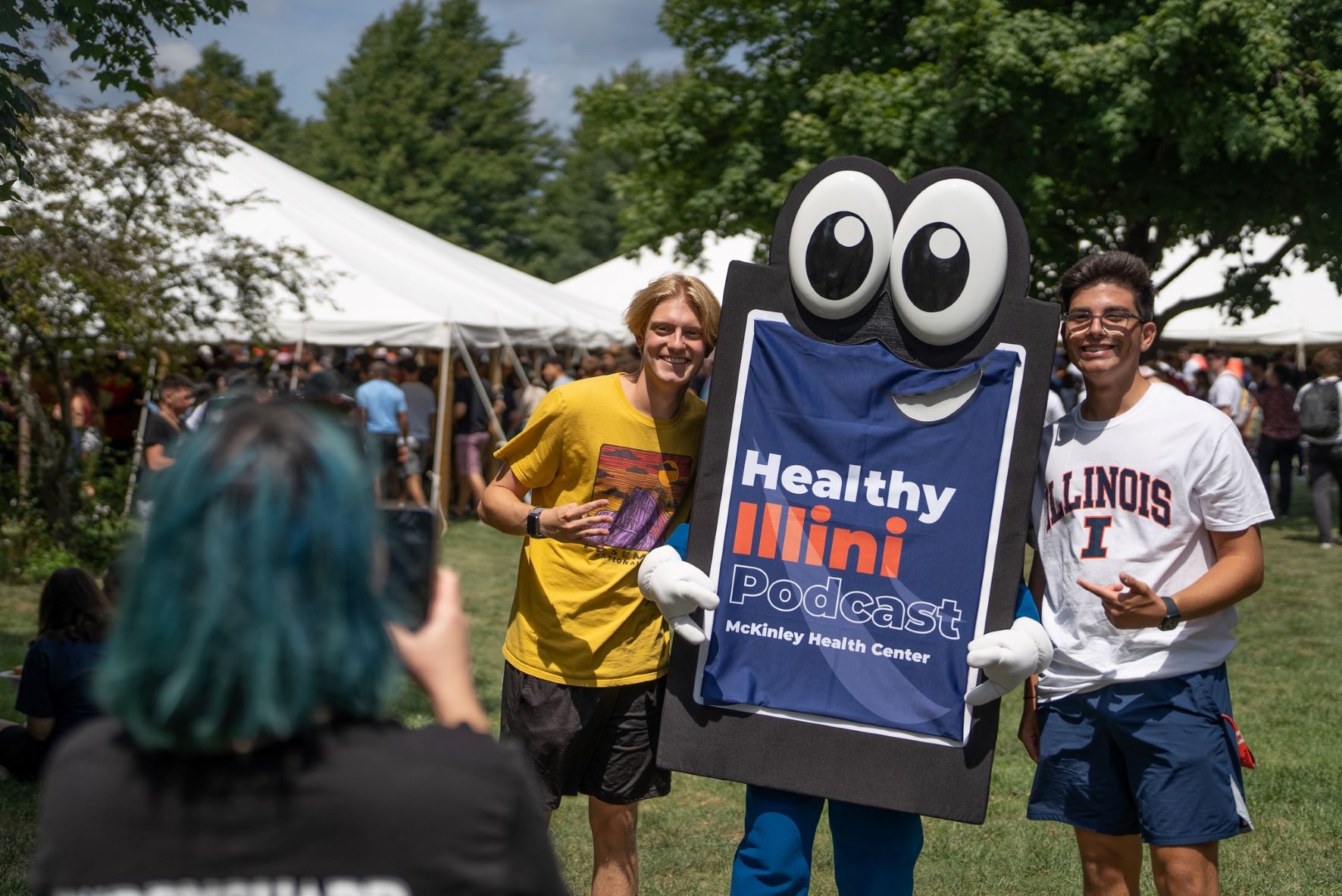Alongside the COVID-19 pandemic, a second crisis has been impacting Champaign-Urbana over the last several years. Gun violence. 2021 was especially bad. The number of confirmed reports of shots fired more than doubled from the previous year. We have written a number of editorials about the gun violence epidemic in our community and dug into discussions around proposed solutions to the gun violence problem.
One high-profile attempt to address the gun violence epidemic in Champaign was the two-year, $6.2 million Community Gun Violence Reduction Blueprint, funded through American Rescue Plan dollars. The Community Safety and Justice Division, the group responsible for implementing the blueprint, gave an update at a February 8th Champaign County Community Coalition Meeting. The blueprint had been in place for a year at this point. At this meeting, representatives from the Champaign Police Department, the Urbana Police Department, and the University of Illinois Police Department also gave updates.
One of the takeaways that stood out was that although homicide rates have been going back down to pre-2021 levels, there has been a stark increase in suicide threats and calls for crisis intervention teams on the University of Illinois campus. According to U of I Police Chief Alice Cary, suicide threats have gone up by 55% since last year. This is purportedly in line with trends at other Big Ten universities.
While we hold our breath for gun violence prevention laws to be passed — and more importantly, for them to be enforced — we are left wondering what steps U of I is taking to make its campus safer and more supportive of students’ mental health. After all, as we’ve said before, U of I students want support, not policing.
One promising new initiative is the Faculty and Staff Mental Health Ambassador program. It began as a pilot in the 2021-2022 academic year and is ongoing. The ambassador program was developed by three Computer Science students and an iSchool student. It offers “implementable mental health initiatives to help create a culture of care and support.”
The Kognito At-Risk Suicide Prevention training at the core of the mental health ambassador program is freely available online to all faculty, staff, and students. One key takeaway from the Kognito training is that therapy is not a one-size-fits-all solution for students in crisis. One strategy of gun lobbyists and conservative politicians is to assert that guns aren’t the problem but mentally ill individuals are. The fact is that mental illness is not the only reason students (or others) might be in crisis.
We know that there is a strong link between economic uncertainty and suicide, and many students are in financially precarious positions with skyrocketing tuition, fees, and inflation. Alongside the expected suite of services for students in crisis, such as the U of I Counseling Center, other programs are available to provide more holistic support for students. A list of UIUC wellness resources details support available for students for everything from food and nutrition, to fitness, financial assistance, and more. For example, one new initiative is the new food pantry available in the Main Library. These new activities are grounded in a Student Success Initiative that began in 2019. It looked to address the holistic student experience and increase student retention and well-being on campus.
Looking at the bigger picture, we have to take a moment to understand Governor JB Pritzker’s budget plan. It calls for a 7% increase in operational support for the University of Illinois system and a $100 million increase for the state’s Monetary Award Program (MAP). We hope this initiative will have a positive impact on reducing students’ financial precarity, but that remains to be seen.
One thing is clear: U of I students need support that goes beyond policing and counseling services. They need fair wages, financial security, and a sense of belonging and a community of care. Students are a vital part of the C-U community. Whether it’s by supporting programs that support students, recognizing students’ contributions to our community, or by voting for politicians who invest in higher education, we can all do our part to make C-U students feel welcomed, valued, and supported.
The Editorial Board is Jessica Hammie, Julie McClure, Trude Namara, and Mara Thacker.








